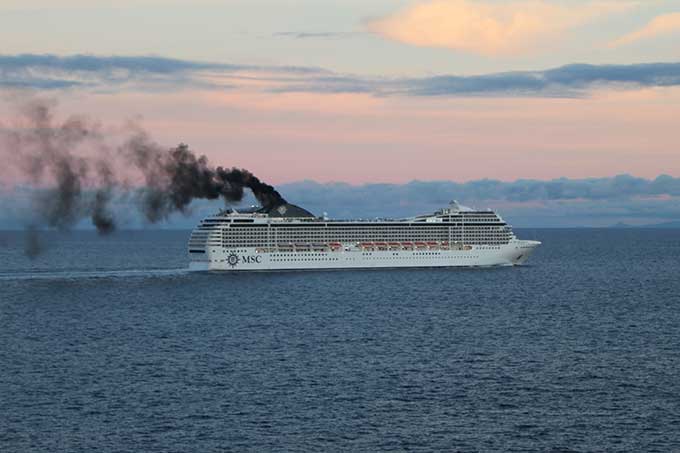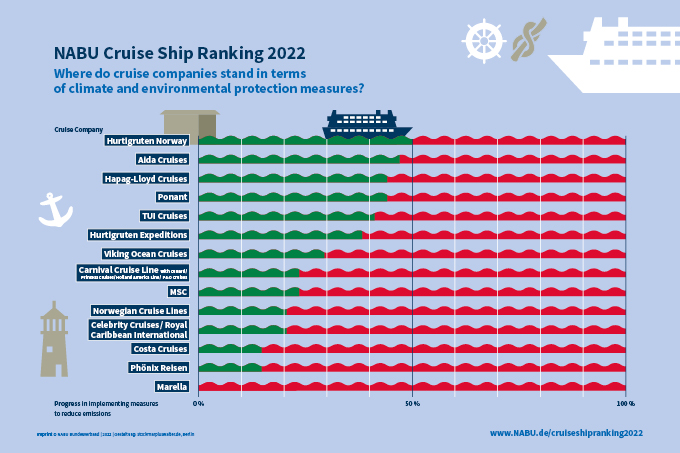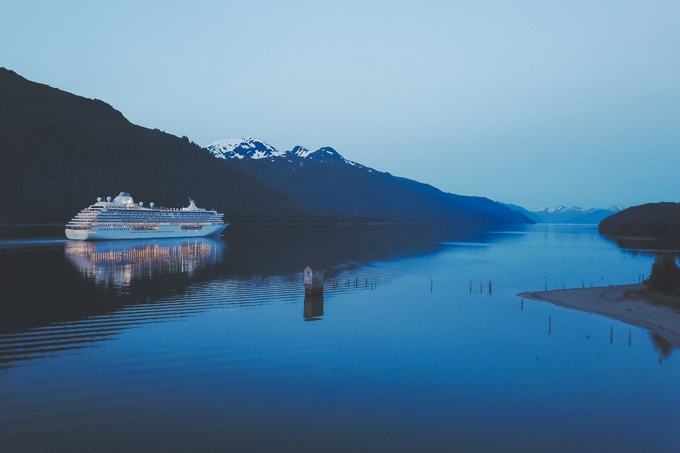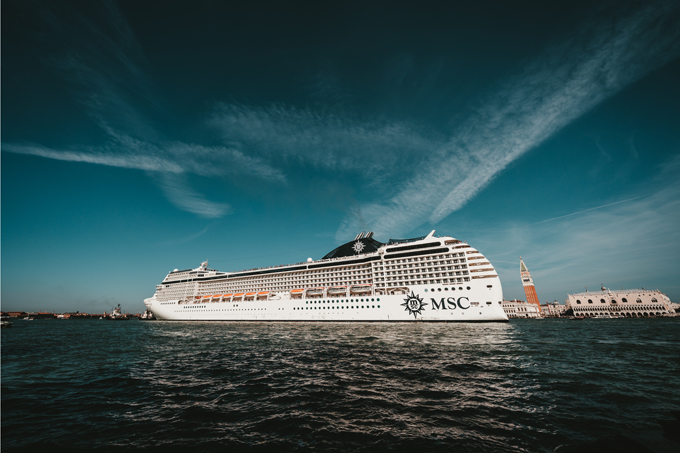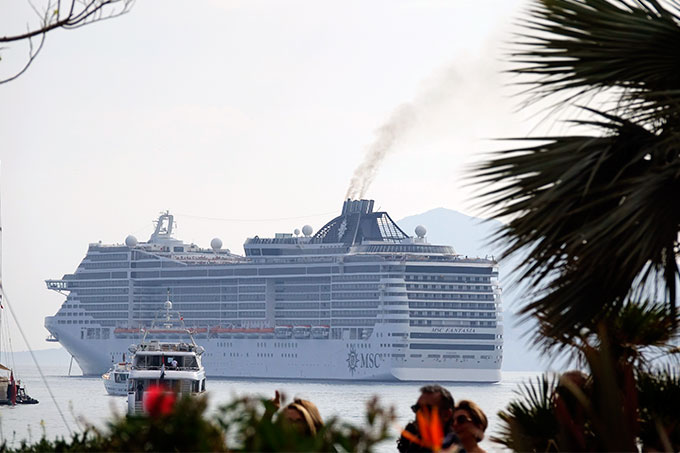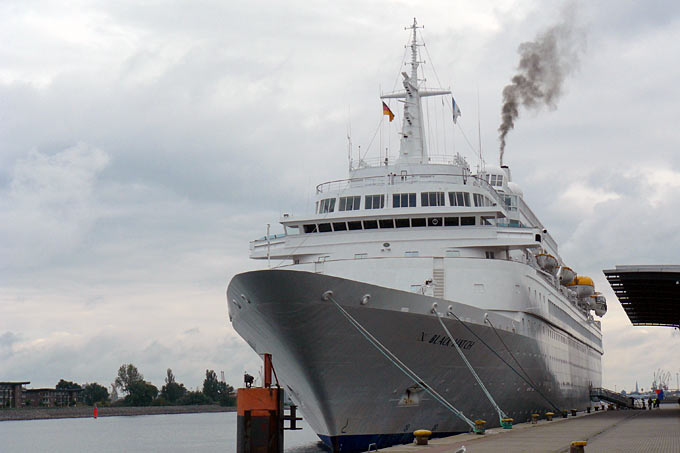Vision for climate compatible and sustainable cruises in 2040
Requirements for the transition of an industry
In order to transform the cruise industry into a sustainable future business, the decisive factor is the switch to emission-free drive technologies by the year 2040 at the latest. The innovative ability of the providers can set the tone and pace of the entire shipping industry. more →

